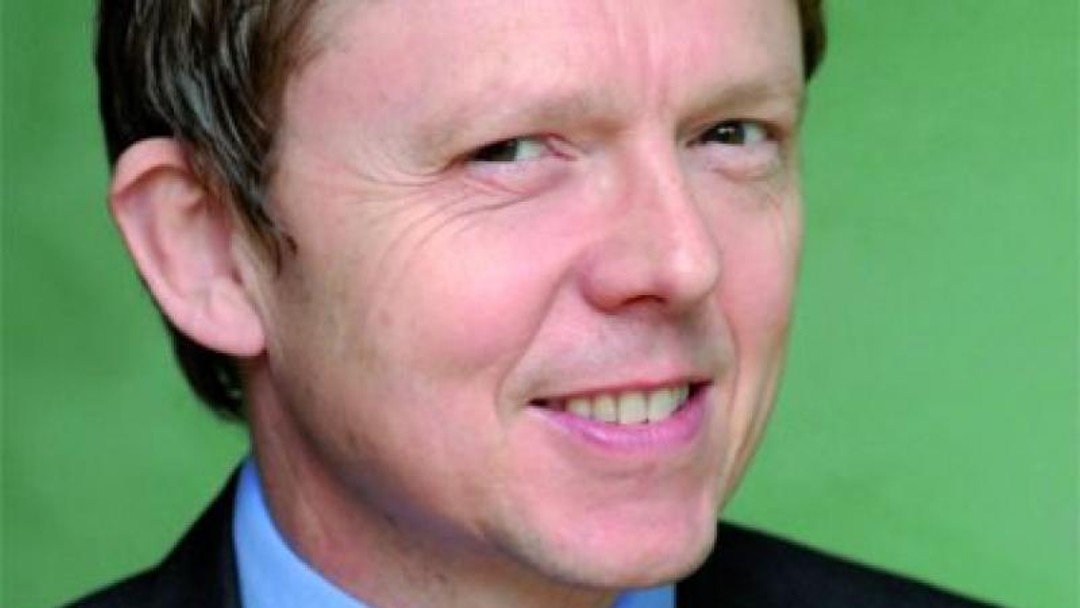Only courts can decide if experts receive contingency fees

By Mark Solon
'Overriding concern to ensure the independence and objectivity of expert evidence'
Experts should only be paid on a contingency or conditional fee basis in “exceptional cases” where the courts have authorised it, the Civil Justice Council has said in its new guidance on instructing experts.
The CJC said in the guidance, the first since 2005: “Payment of experts’ fees which are contingent upon the nature of the expert evidence given in legal proceedings or upon the outcome of the case is highly undesirable.
“There is an overriding concern to ensure the independence and objectivity of expert evidence. Any contingent arrangement risks seriously compromising this fundamental requirement, and thus undermining the proper administration of justice.
“Experts must not therefore be retained on such a basis except in those exceptional circumstances where the court authorises such an arrangement.”
Mark Solon, managing director of Bond Solon, said there had been “plenty of argument that experts should never have been paid a contingency fee in the first place”.
He went on: “Experts are in the schizophrenic position of being paid by one party and assisting the court.
“They cannot have unenlightened self-interest in the outcome of the litigation. The new guidance confirms that there needs to be a bar on contingency fees.”
Solon said the world of expert witnesses had become much more professional over the last 12 years.
“The guidance encourages solicitors to much more careful in the instruction and use of experts in civil litigation.
“They are an expensive luxury and need to be used carefully and sparingly. They must ensure that experts are properly instructed, briefed for discussions and fully kept in the litigation loop.”
The CJC said experts always owed a duty to exercise reasonable skill and care to those instructing them, and to comply with any relevant professional code of ethics.
“However when they are instructed to give or prepare evidence for the purpose of civil proceedings in England and Wales they have an overriding duty to help the court on matters within their expertise (CPR 35.3).
“This duty overrides any obligation to the person instructing or paying them. Experts must not serve the exclusive interest of those who retain them.”
